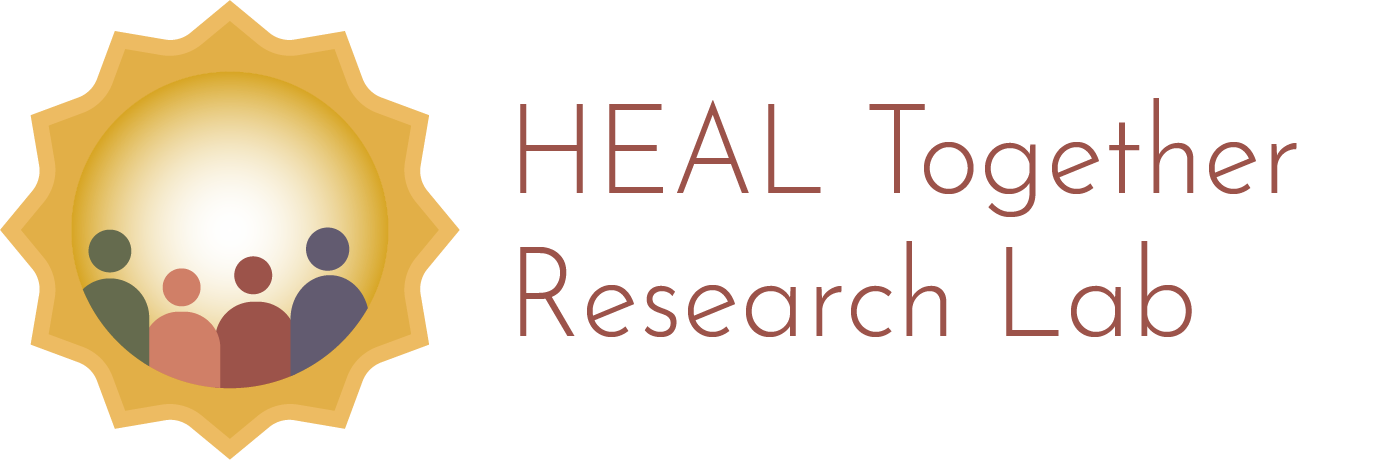Goal 2: Explore and support community mental health workforce training and priorities.
Related Publications:
The role of community therapists’ treatment language in cognitive-behavioral therapy training and implementation.
Mora Ringle, V. A., Ganss, E.*, Menendez Solorzano. J.D.*, Rosado, A.* & Creed, T. (revise and resubmit).
Lab Projects:
Identification of facilitators, barriers, and modifications when implementing the unified protocol for transdiagnostic treatment of emotional disorders in adolescents (up-a) with diverse families in community settings
This study is the qualitative arm of an NIMH funded randomized controlled trial comparing the effectiveness of two interventions: the Unified Protocol for Transdiagnostic Treatment of Emotional Disorders in Adolescents (UP-A), and a measurement feedback tool that tracks youth symptoms and therapeutic alliance (R01MH106536 & R01 MH106657). This study aims to identify and examine barriers, facilitators and modifications in the implementation of a transdiagnostic cognitive-behavioral approach for adolescents with emotional disorders (the UP-A) from the perspectives of frontline providers in community settings. Previous studies have explored factors associated with the successful implementation of evidence-based treatments in community settings, but no study to date has examined the challenges faced by frontline providers implementing a transdiagnostic CBT approach for adolescents. Gathering perspectives of frontline providers, especially ones working with ethnically and economically diverse families, will lead to better understanding the process of implementing transdiagnostic approaches in non-university, uncontrolled settings. Increasing our knowledge of the perspectives of community therapists will help determine how to facilitate and enhance future efforts to implement transdiagnostic CBT approaches in community settings.
Study Status:
Active: Analysis and manuscript preparation
OSF Registration:
(Link)

